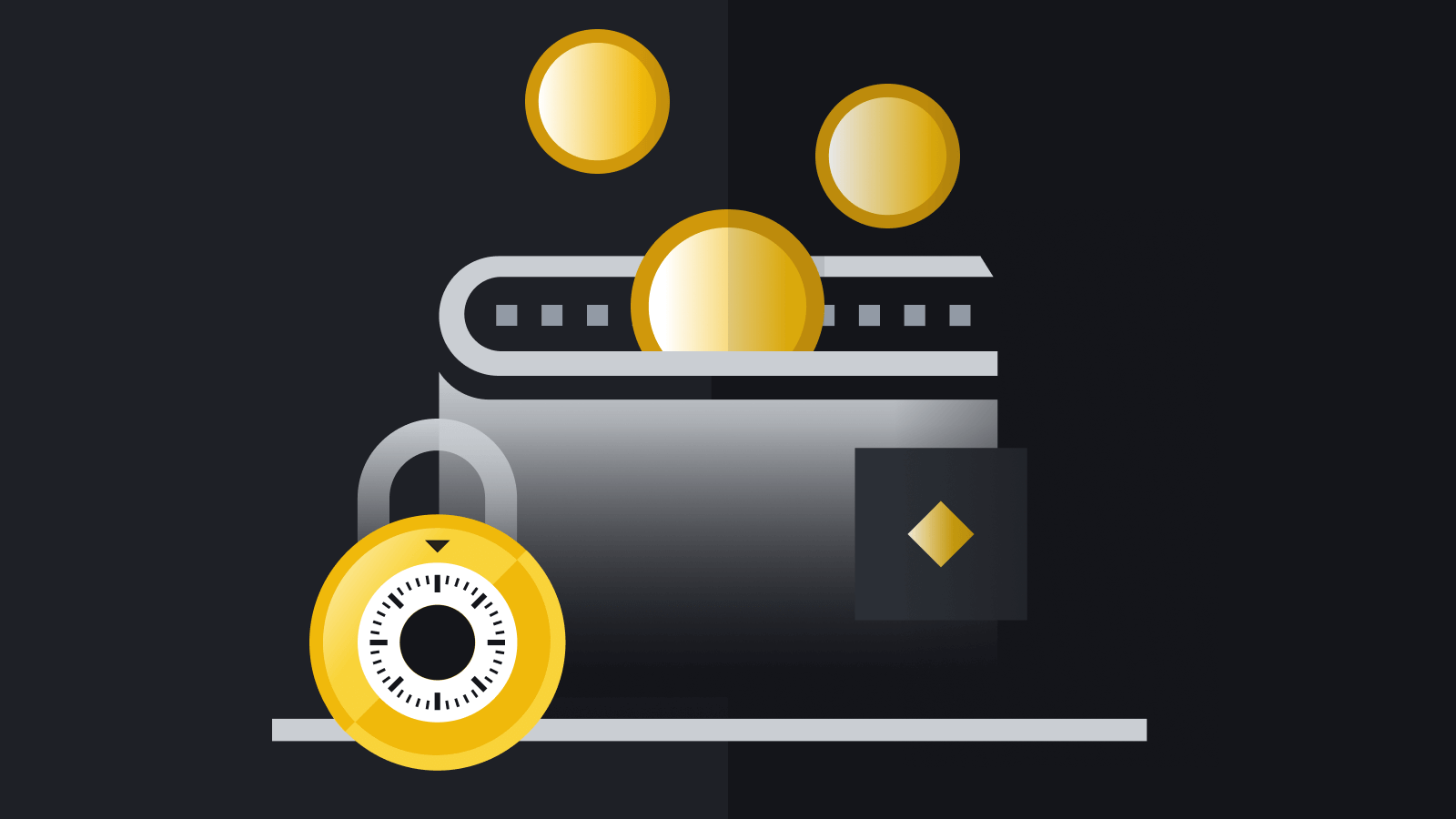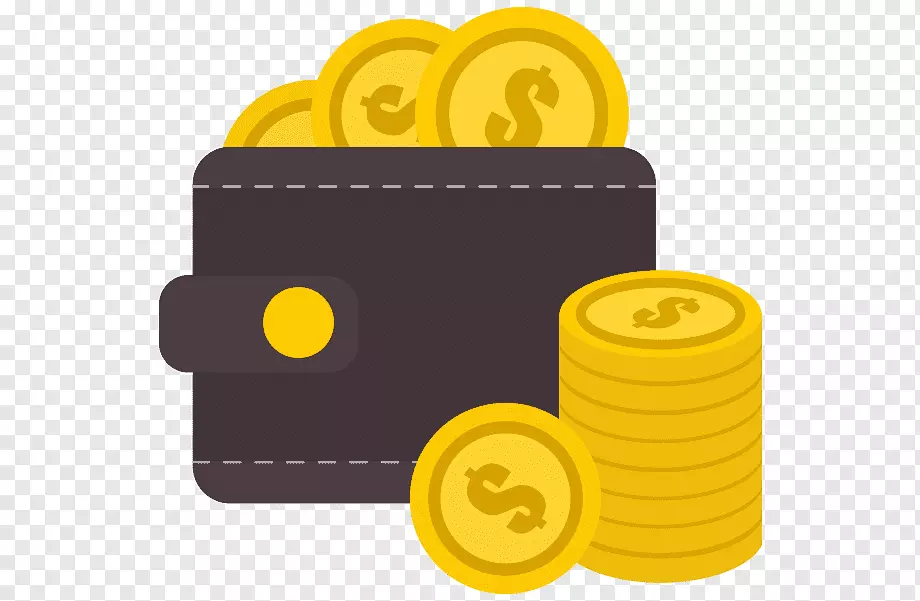Bitcoin is the oldest and most widely used peer-to-peer payment system today. Its market cap value is much more than other cryptocurrencies at the present moment.
The extensive popularity has led many companies and individual individuals to start integrating bitcoin into their business model for increased efficiency in transactions without compromising on security. Because last year we saw multiple ransom ware attacks, including WannaCry, that targeted computer systems worldwide using Microsoft Windows demanding ransom payments. Only you can transfer bitcoins out of harm’s way thanks to build right away protection against viruses lurking around online.

Bitcoin is a popular new form of digital currency. Still, before you can use it as your go-to method for sending and receiving funds from friends or family members online, some essential security measures need to occur. This article will discuss how hackers might try to attack someone’s wallet using different types of hardware wallets like paper bills. Which store bitcoins on them instead; software programs where users keep their information electronically backed up onto disks hidden deep within hard drives all across our desktop computers rather than just sitting inside one central location somewhere out.
The Bitcoin wallet is the most critical component of your digital portfolio. However, as it does not have any physical form like bank accounts and credit cards, do you need to take extra steps for its protection, including putting some rules in place so that nothing can happen without being detected by either yourself or other parties involved with securing this asset?
The first step should always be having multiple copies made at different centres since hardware wallets are pretty unreliable when compared side-by-side over long periods.
Offline Mode or Hardware Wallet Storage
One of the most important ways to keep your Bitcoin safe is cold storage. It means storing them offline or in an isolated environment where Users cannot access them without proper credentials like personal identification numbers (PINs). It’s a lot safer than letting hackers have easy entry points into our digital lives because you’re only securing what’s on-device- not sending any information out online, which could help thieves steal more money from us! HDD (hard drive) wallets are one way to keep your Bitcoin safe.
It means that you store some amount offline without connecting it through the internet – this protects against hacking! It’s best not to use too much, though, if there were ever an attack on cryptocurrency values like what happened in June 2017. Where people hoarded up millions of dollars’ worth of bitcoins, then both Fronts would be susceptible, so separating them works out better for safety reasons.
Creating Your Wallet Backup(s)
The experts recommend creating backups to remain on the safe side if your device or data gets lost. It would help if you backed up all your Bitcoin wallet’s contents, including any cold storage and the small amount kept for trading purposes. Even though you may recover it with an encrypted version if there are no errors present when doing so! The experts favour creating backups to remain on the safe side.
You have a few options for how you want your bitcoins stored, including keeping them cold and trading with small amounts–backing up both will protect against computer failures or human errors that could result in theft! If someone has access to only encrypted private keys within their bitcoin wallet, they can’t use those credentials unless paired together again by another device (known as “Watching Your Keys”).
Trustworthy Bitcoin Wallet Encryption
One of the most critical steps is by encrypting create trustworthy bitcoin wallet with a passphrase to make it difficult for hackers if they don’t know what you’re saying! You can also use encryption on desktop wallets and mobile devices, but make sure not to leave any opportunities for them when doing this- remember those ancient principles we learned in elementary school?
Conclusion
With the rise in popularity, there have been many incidents involving Bitcoin theft. In June 2011, a user lost about $500K worth to hackers. Last year alone, we’ve seen two significant attacks where Attacker used mask configured servers for hacking into Linode hosting services, taking away nearly 50BTC each time! With its rise in popularity, there have been many incidents involving the theft of Bitcoins. In June 2011, a user lost about $500000 worth to hackers, and similarly, March 2012 saw an attack on hosting provider Linode where they successfully stole 46703 bitcoins– meaning you need secure storage for your bitcoins as well!

Wesley has been a crypto enthusiast for a year. He’s an avid watcher of all the latest developments in the space, and enjoys predicting what will happen next with his favorite coins.
He lives in his hometown of New York City with his wife and two sons. His hobbies include watching movies, playing basketball, and reading about how to survive disasters that may occur from climate change or an asteroid impact!


